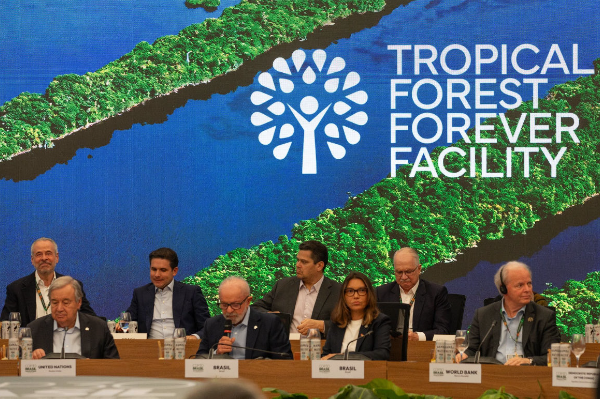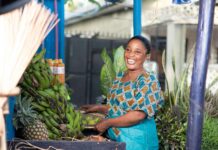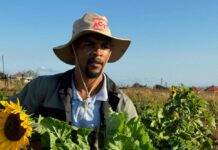As the 30th United Nations Climate Change Conference (COP30) starts in Belém, Brazil, countries are meeting to address the urgent challenges of climate change and its impacts on people, economies, and food systems.
While previous COP meetings, including COP29, produced commitments on climate finance and adaptation, much of the promised support has not yet been delivered, leaving significant gaps for vulnerable nations and communities.
A major concern at COP30 is the funding gap for agrifood systems, as agriculture, forestry, fisheries, and livestock contribute a significant share of global emissions and are central to food security.
According to the Food and Agriculture Organization (FAO), only about 4 percent of global climate finance in 2023 went to these sectors, and without targeted investment, efforts to make food systems climate-resilient and sustainable will remain limited, threatening livelihoods and the global food supply.
The conference is emphasizing the inclusion of Indigenous peoples, smallholder farmers, and local communities in climate solutions, recognizing that their knowledge and practices are essential for effective adaptation and mitigation.
Thematic days on food security, gender, and Indigenous participation are scheduled to ensure that these voices shape decisions, because solutions designed without those most affected risk being ineffective.
Finance remains a key challenge for developing countries, as many adaptation projects are underfunded and much climate finance is delivered as loans rather than grants, increasing debt burdens for vulnerable nations.
The African Development Bank (AfDB) has urged COP30 participants to reform climate finance systems so that African countries can access predictable and affordable funding for both mitigation and adaptation measures, emphasizing that financing must reach the local level.
African leaders are calling for climate justice, pointing out that rising temperatures, droughts, floods, and other extreme weather events are already affecting agriculture, water resources, and livelihoods across the continent.
Ahead of the summit, the African Union Commission chairperson stated that Africa “arrives at COP30 with conviction,” highlighting the continent’s determination to be an active part of global climate solutions while demanding fair access to finance, technology, and support to implement climate-resilient development strategies.
Another challenge is the slow follow-up on promises from COP29 and previous meetings, as countries have agreed on new finance targets and frameworks for adaptation and mitigation, but actual delivery has lagged.
COP30 is therefore seen as an opportunity to turn commitments into action, ensuring that financing flows match the scale of the climate challenges faced by developing countries and vulnerable communities.
The conference will also discuss mechanisms to transform agrifood systems, including initiatives to reduce emissions from food production, improve resource efficiency, and strengthen resilience to climate extremes.
Involving Indigenous peoples, smallholder farmers, and local communities is considered essential for these efforts to succeed, and experts stress that their inclusion can improve both the effectiveness and equity of climate solutions.
As COP30 continues, the focus will be on practical solutions, fair finance, and inclusive policies, with success depending on whether countries can close funding gaps and implement previously agreed commitments.
The outcomes of this conference could determine whether global climate efforts move from promises to tangible action or continue to leave the most affected, particularly in Africa and other developing regions, at the mercy of climate impacts.








